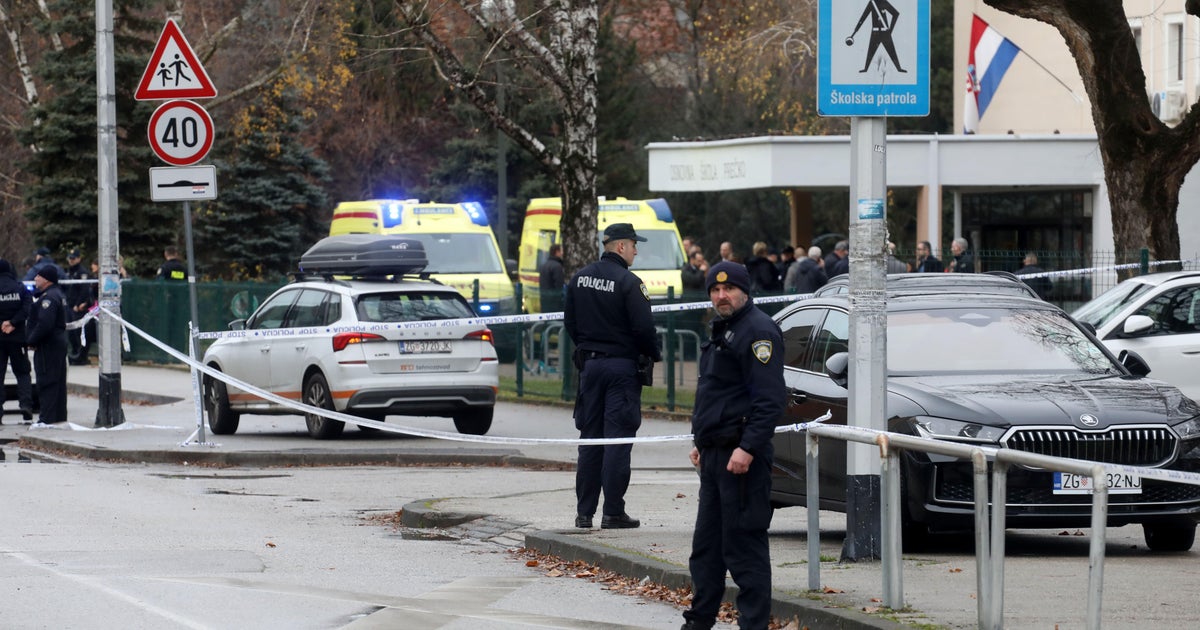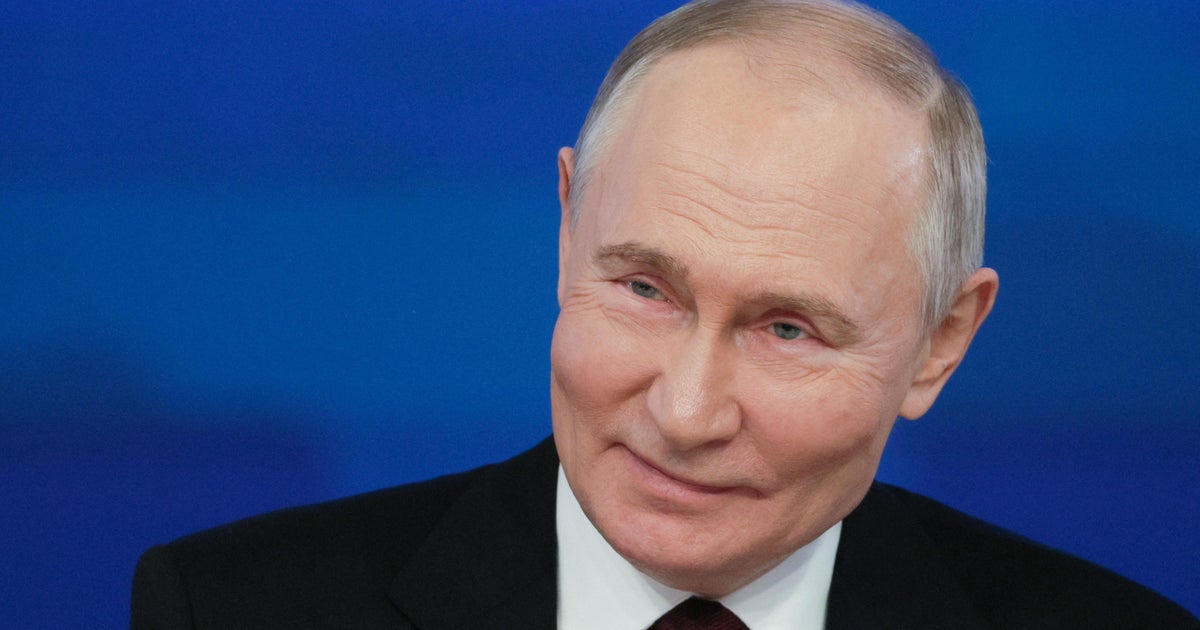Triple bombing rocks Afghan capital as top U.S. officials visit
Kabul -- Three back-to-back explosions in the Afghan capital left at least 11 people dead and dozens more wounded on Thursday. The attacks, at least one of which was claimed by the Taliban, came amid visits by two senior U.S. officials to Kabul, to "check the pulse" of the war there, and push forward political efforts to end America's involvement in it.
Nasrat Rahimi, a spokesman for Afghanistan's Interior Ministry, confirmed the death toll and told CBS News that at least 45 other people were wounded in the attacks.
The first blast, from a suicide bomber on a motorcycle, targeted a mini-bus carrying employees of the Ministry of Mines and Petroleum. Rahimi said the second explosion was a magnetic bomb that targeted the first responders arriving on the scene.
The third explosion was a car bomb that blew up a few miles away from the first blasts. Rahimi said all the victims were civilians and another official said earlier that five women and at least one child were among those killed.
The Taliban claimed responsibility for the third blast and said it had targeted a convoy of foreign forces, but denied involvement in the first two bombings. Rahimi said the militant group was believed to be behind all three blasts. A NATO source noted the Taliban's tendency to make false or exaggerated claims, and there were no immediate reports suggesting U.S. or allied forces had sustained casualties.
In a separate incident in eastern Nangarhar province at least 14 people were killed or wounded when a civilian vehicle detonated a roadside bomb, according to a provincial spokesman. The victims were apparently all members of one family who were heading to a wedding.
The U.S. military said chairman of the Joint Chiefs of Staff Gen. Joe Dunford arrived in Kabul on Wednesday to "ensure Army Gen. Austin S. Miller, the commander of the Resolute Support effort in Afghanistan, has all he needs."
"He's here to take the pulse of military operations in advance of the national elections in September," the Joint Chiefs' official Twitter page said in a tweet on Thursday, but the U.S. military confirmed the general had since left Kabul. It was not clear when he departed the capital.
The Trump administration has been trying to find a way out of America's longest-ever war, and those efforts have ramped-up dramatically over the last year with senior envoy Zalmay Khalilzad's efforts to negotiate a deal with the Taliban. Khalilzad returned to Afghanistan this week to continue his talks with Afghan officials.
"Productive discussions today on where we are on the #AfghanPeaceProcess in Kabul," Khalilzad tweeted on Wednesday after meetings with Afghan President Ashraf Ghani and others. "Focused on next steps and efforts underway to form an inclusive and effective negotiating team."
The Taliban wants to strike a deal that at least lays out a clear plan for U.S. and other NATO forces to withdrawal from Afghanistan, but Khalilzad has stressed that any peace deal must include the militant group agreeing to engage in direct talks with Ghani's government -- something the Taliban has refused to do thus far.
Khalilzad was still in Kabul on Thursday.




